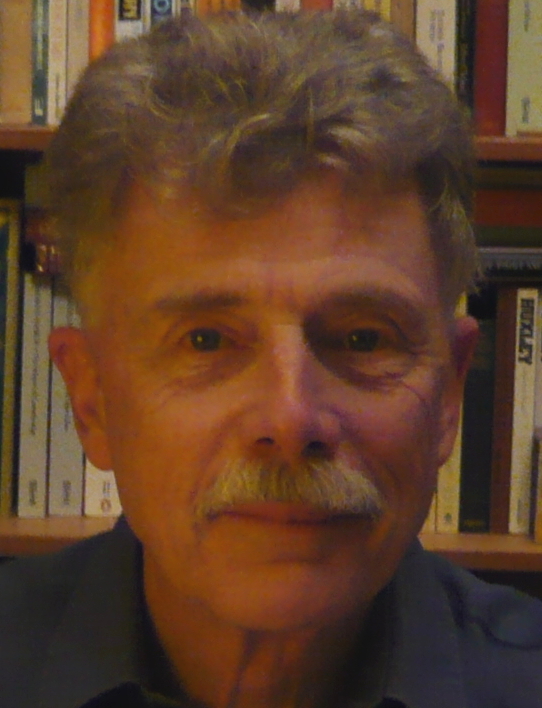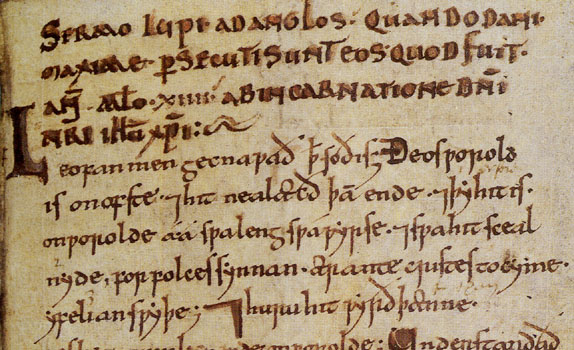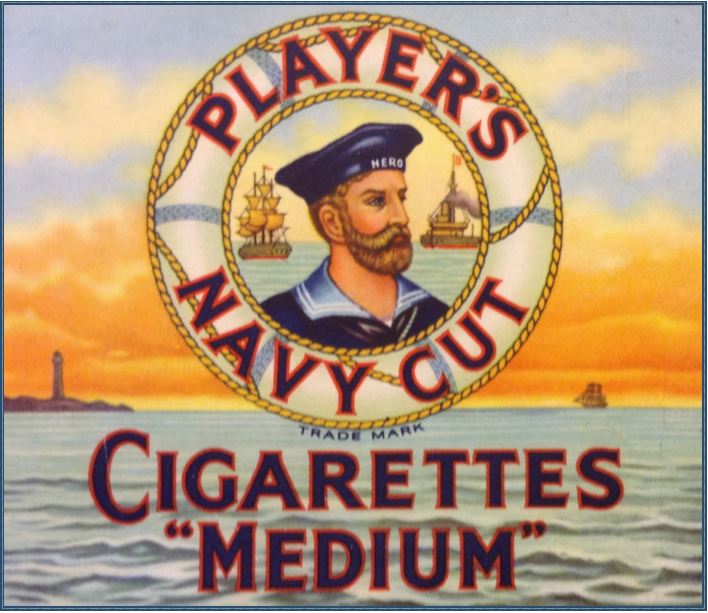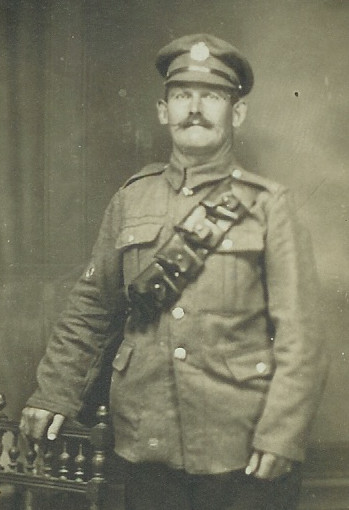





Born in Leeds, UK in 1952, Henry Daniels was educated at Bradford Grammar School and Leicester University, where he graduated in Modern Languages in 1975. Prior to, during and after his student days, he had a number of jobs: building, demolition, factory work and the daffodil harvest in England, English language teaching in primary, secondary and further education in France and Italy, as well as hotel reception and catering work in Switzerland and Norway. It was also during these years that he visited many Western and Eastern European countries as a low-budget hitch-hiker, thus coming into contact with a variety of people, cultures and languages.
Following a year in Pescara, Italy, he moved to Lyon, France in 1976 with his Italian future-wife and began work as teacher of English as a foreign language in adult education at the Université Lyon 2. He took the RSA teaching diploma before going on to do a Master’s degree, completing a Doctorate in Linguistics in 1988. He became Professor of linguistics at the Université de Nancy in 2002, transferring to the Université de Bourgogne in 2007, from which he opted for early retirement in 2013.
His university teaching has been principally in the fields of phonology/phonetics, lexicology, historical linguistics and teacher training. His research, solo or in conjunction with colleagues and students, has been largely in these same areas, with excursions into social history (the Teddy Boy movement; tobacco marketing and consumption; the First World War), onomastics (studies of place-, field-, street- and trench-names), historical military and naval slang, artistic commitment). Click here for full details on research and publications.
Henry is a member of The Western Front Association and the First World War archaeology group No Man’s Land. He has taken part in several digs in the Messines-St Eloi sector of the front in Belgium. His lifelong interest in the First World War comes from his memory of two great uncles, Benjamin Womersley, a rifleman in the Northumberland Fusiliers, who was wounded on the Somme, and William Wilson, who had worked on railway construction in Vancouver and then joined the Canadian Engineers, engaged in tunneling and mining operations in France and Belgium.
Language and languages, ancient, mediaeval and modern, have always been Henry’s main interest. He has near-native competence in French and Italian, but also knows German, Greek, Latin, Norwegian, Algerian Arabic, Russian, Spanish and Portuguese. This diversity adds a particular richness to his understanding and portrayal of people, and has provided hands-on experience of a wide variety of human situations.
He has always been an avid reader of linguistics, psychology, history and fiction (mainly novels, short stories and poetry). The main reason for his early retirement was to be able to devote a maximum of time to writing. His publications have been almost exclusively of an academic nature. Nonetheless, fiction writing, hitherto a hobby, has been the main focus of his work over the last three years. A collection of stories: The Limit: Stories from World War 2 (317p.), a novel: Cat among the Pigeons (220p.) and a novella: This Saxon Shore: A historical mystery (56p.) have recently come out as Amazon-Kindle e-books and paperbacks and can be seen here. They are aimed at educated adults with a taste for history, mystery and surprise.
Henry writes at home in a village near Lyon, where he lives with his wife, a multitude of books and dictionaries and the family cat, Bonga. His other activities include playing boogie-woogie piano, song-writing, gardening, swimming, walking, collecting old cigarette packets and restoring antiques.
